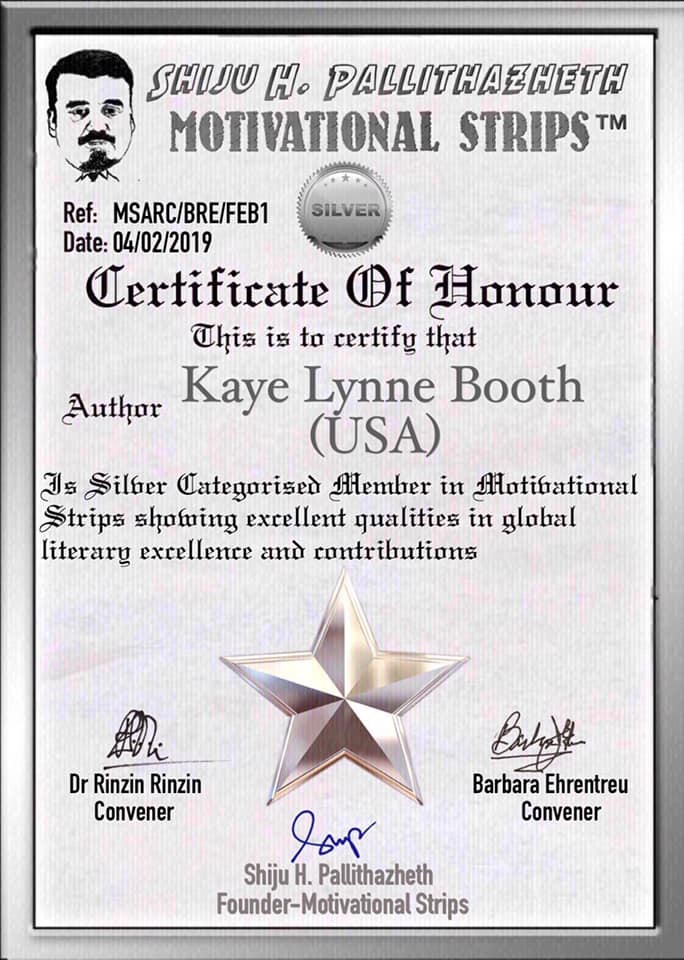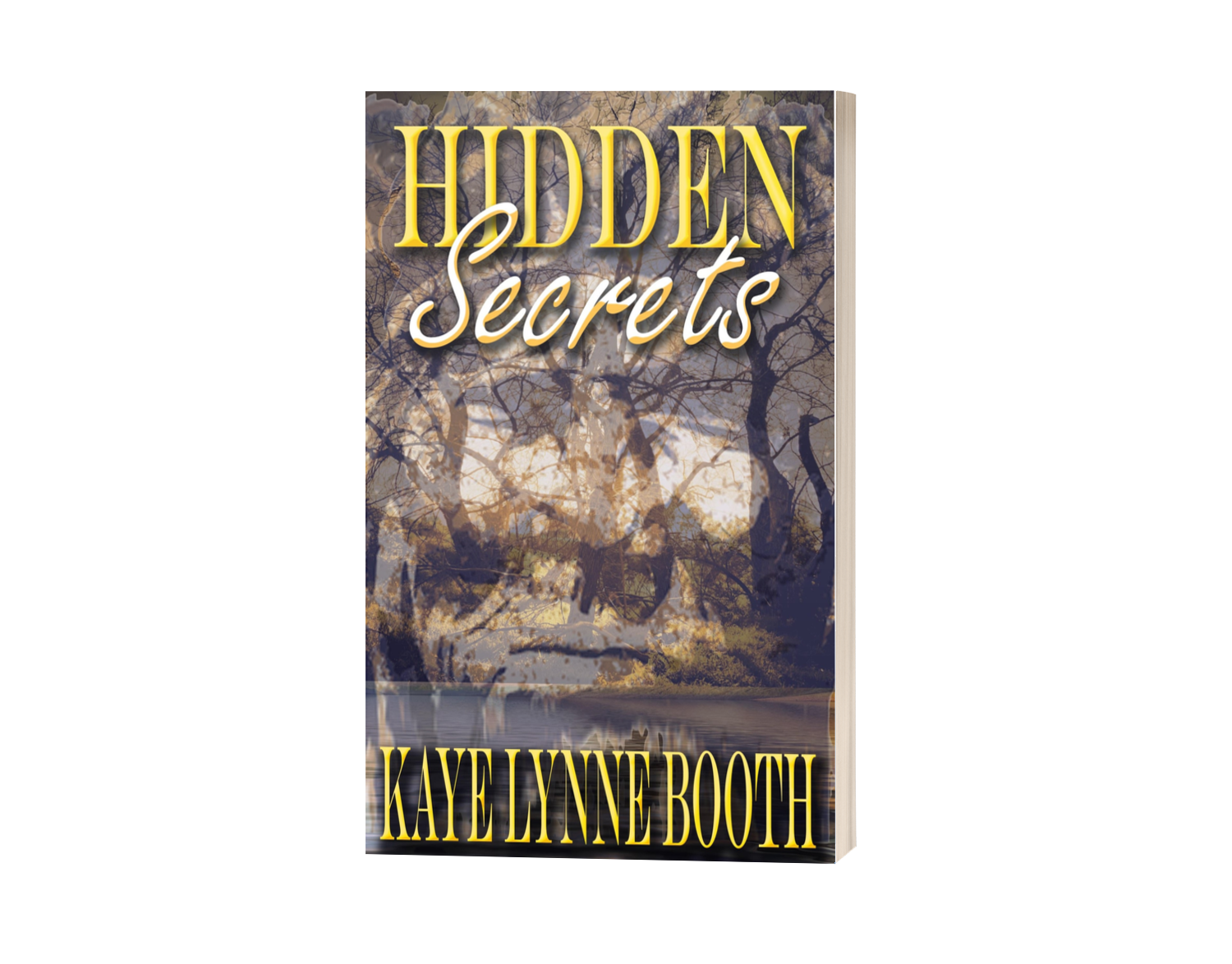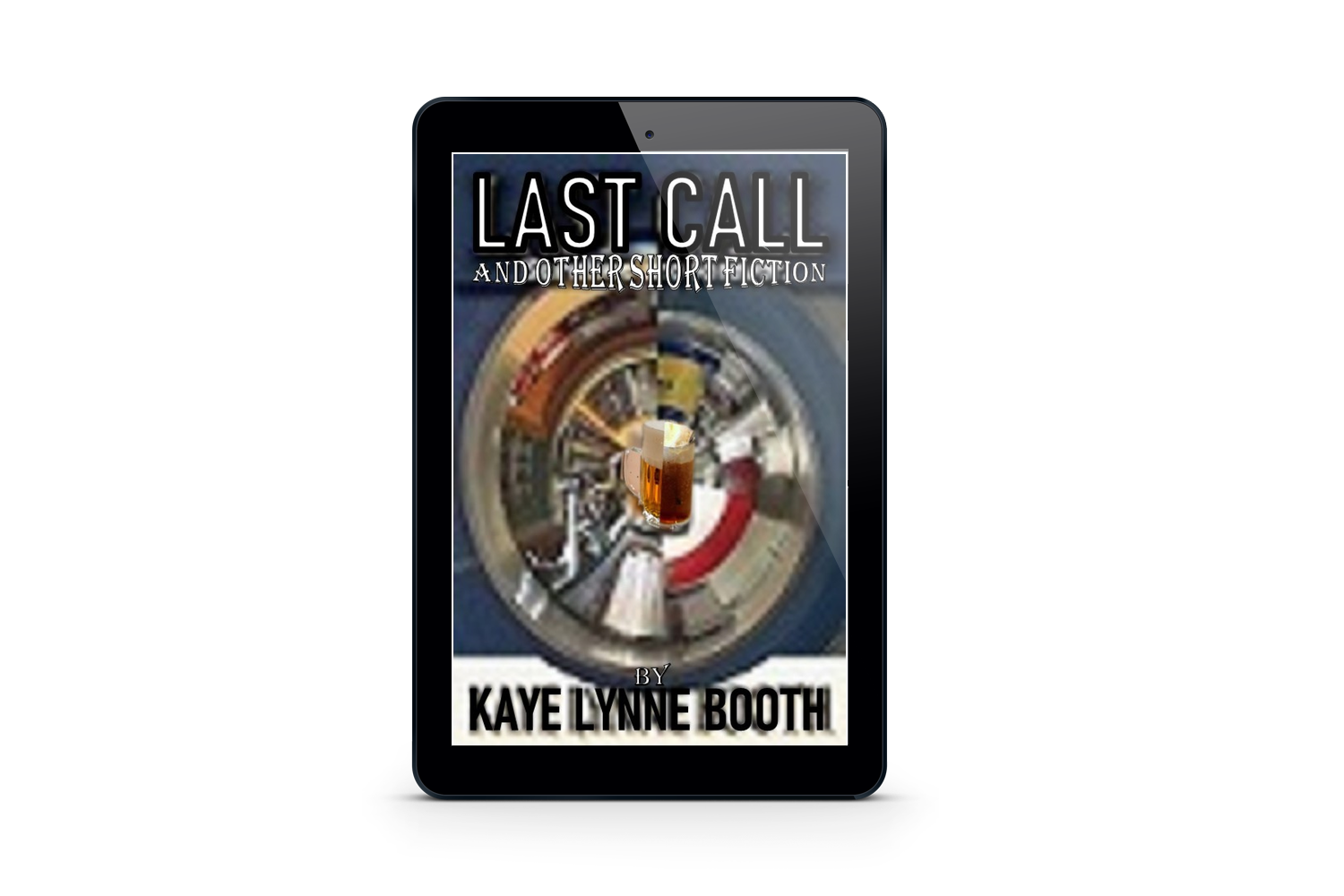Weekly Writing Memo: Researching for Story
Posted: March 9, 2016 Filed under: Fiction, Uncategorized, Weekly Writing Memo, Writing, Writing Tips | Tags: Books, Creative Fiction, Fiction, Writing 3 CommentsIn last week’s memo we talked about the 3 Types  of Plot, and this week we’re going to discuss researching. When is the perfect time to research for your story? How much research do you do? When do you start writing? The answers won’t be the same for everyone or every story, but there is some general advice you can use as a guide.
of Plot, and this week we’re going to discuss researching. When is the perfect time to research for your story? How much research do you do? When do you start writing? The answers won’t be the same for everyone or every story, but there is some general advice you can use as a guide.
Before You Write:
The kind of research you need to do before you write is anything that connects to the core of your story, and the kind of stuff you can’t write the story without knowing. For example, if you’re story is going to be about a detective solving a crime, then you need to understand the basics of how a detective would go about doing that. The key part of that statement is that you only need to know the BASICS so you can get started writing.
I’m not advocating writing about things you don’t understand or winging it. All I’m saying is to get started writing, you just need a general understanding of how the process works. The finer details won’t really affect the writing of the overall first story draft, so they’re they kind of thing you can come back and add later.
It’s better to get the writing done, and then see what you need to add and research more after, rather than become so absorbed in the researching that you waste time studying things you don’t need to know for the story. You can go back and do more later and will if you want your story to be accurate, but the pre-writing research is about getting a general sense of things, and finding out any vital details for your story so you can write. The rest can come later once you’ve written.
During the Writing:
When I’m in the process of writing, I try to keep the researching to a minimum. It’s easy to let yourself get sidetracked with little pockets of research, and one quick detail can rapidly turn into exploring new information for hours.
My general rule is if I can find it with a 5 minute or less Google search, I will look it up and immediately go back to writing. For example, if I need to know what a specific tool a character is using to do a job, I will do a quick search. If it is not important, is going to take longer than 5 minutes, or is just something I think I may want to research to add later, then I make a note and don’t stop.
I keep a word document for every project I’m working on that is basically a list of things to fix, research, revise, or keep track of. If I come up with something I want to add to the story later that I need to research, I add it to the list. That way I don’t forget it, know where I want to add it, and can come back to it later. Some things end up not being important to the story once I finish, so it works out nicely to have them on the list instead of stopping every time a topic comes up.
The only other research I do when I’m writing is if I discover there is something vital to the story that I didn’t realize I needed, and I can’t go on without it. Then I stop, research for a few hours if needed, and try to get back to writing. The key is, you want to minimize disruptions while writing, and only break away to research when you HAVE to, or when it’s minimal and won’t stop your progress. The point of writing, is to write.
After the Writing:
After a story is finished you should have a better idea of what you need to research further, and that is when it’s time to delve back into research for a short period. Go back and do all the research on the list you made while writing, and then go back and do some more in depth research of the topic. I usually will read a book, or several, by an expert, I’ll browse resources online or in the library, and even read a few books or watch a few movies in similar genres or on similar subjects depending on what I’m writing.
After the writing works as a convenient time to do this because you should generally take a break before revising, so if you use that break to research, when you go back to revise you can add what you learned in the revision process and save yourself time. A lot of the “after writing” research is about learning the nuances and small details that make the writing more realistic, and make it “pop” as some like to say.
For example, when I initially researched for my mystery novel, I studied the process of investigating a missing person, I learned what the laws were for reporting an adult missing, what the general process a detective would go through to investigate, and what the family’s process would be emotionally and legally. That was all I needed to do the first draft of my novel because those were the things that affected the overall plot of the story, and behavior of the characters.
After that first draft, I did some further research on forensics of investigating a crime, as well as police lingo, further missing person research, and read a few accounts of personal experiences with missing persons. All of this helped me tweak the more specific details of my writing to make it more accurate and realistic, but none of it really affected the overall plot.
Final Notes:
The thing to remember is that pre-writing research is about learning enough to get started, not developing the entire world or learning all you can about a subject. It’s about giving yourself a solid basic understanding of the subject so you can write, like taking a 101 class in college.
The during-writing research is about finding out only what you absolutely need to know to get back to writing, and not interrupting the process. It should really be minimal, non-existent if possible. The post-writing research is about specificity and going in-depth.
When you find yourself focusing more on the research than the writing you need to ask yourself how much you really need to know to get started. Are you just researching because you enjoy it or because the story needs it before you can write? Are you lacking confidence in the story and wasting time researching to delay the writing?
While research is fun and engaging, the important thing is to remember that the more time you spend researching, the less time you’re spending writing. If you’re going to be a writer, you have to let yourself write.















Great guidelines and good advice. I’m glad you put in the disclaimer that it’s different for everyone, depending on what you’re writing and your personal writing process. These guidelines are basic.
As you know, Robin, and maybe some of my readers also are aware, I write very fast. (I didn’t realize this until joining the MFA program at Western). In my writing process, I revise as I go, a lot, especially for the rough draft. I have a theory that the better your first draft is, the less revision you have to do latter. I admit, I let minor details hold up the writing, while I research to get it right. But you are so right that you can’t let it evolve into a in depth research project and halt the writing all together. For heaven sake, keep the words flowing.
LikeLike
I’m a firm believer that almost everything about the writing process is subjective, so I like to remind people of that whenever I give advice! It’s too easy to make rules and say “this is how it’s done,” but everyone has a different process, and everyone has something that works best for them. I like to be flexible!
You are right, that the better the first draft is the fewer revisions you have to do later! I’m a fast writer as well (I didn’t realize it either until the MFA program), but my method is to get it all out on paper first, then go back at it with a club! One of these days we should do a memo on our revision processes!
LikeLike
[…] something I keep open as I write so I can reference and update it as needed. As with the post on researching, the thing to remember is that all roads should lead to writing and telling the story, so try to […]
LikeLike